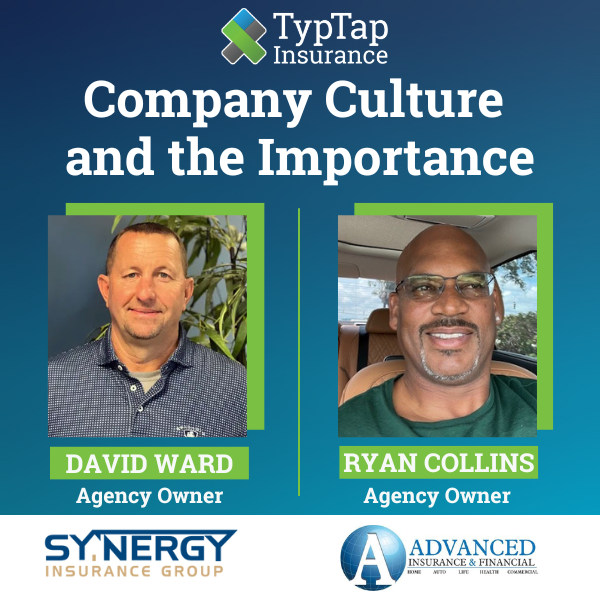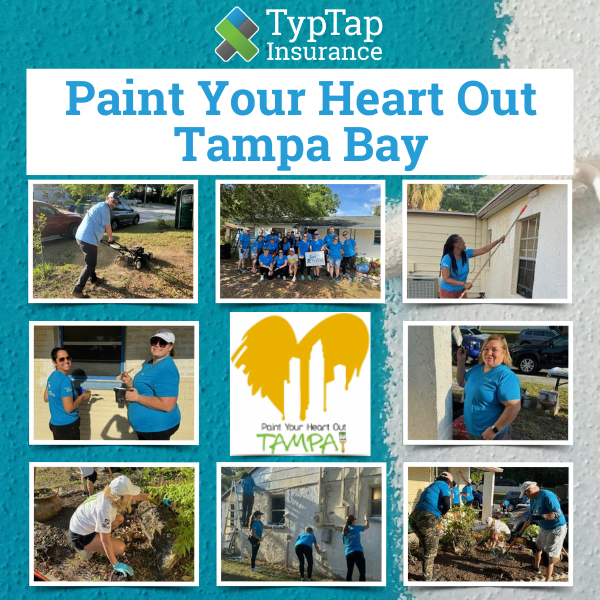Have you ever been to a business that delivered a positive experience from the moment you stepped through the door? Did the employees demonstrate a passion for the brand that rubbed off on their customers?
Such an experience is a testament to the power of a cohesive team working towards a shared goal. Company culture is defined as the attitude and commitment the employees share. As Forbes suggests, it is defined not just by the practices but also the values that distinguish one company from another – essentially, “the way things get done.”
In today’s fiercely competitive market, full-time employees invest over 2000 hours per year in their work, cultivating a positive workplace environment is no longer just a nicety – it’s a necessity. The benefits of fostering a positive culture are endless, ranging from heightened productivity and enhanced employee retention to creating a buzz that attracts top talent.
Characteristics of a thriving culture:
A clear vision for the business allows employees to understand why and where the company wants to go.
Fostering a team environment drives collective success, requiring contributions at all levels to achieve company goals. Celebrating both success and challenges boosts morale and job satisfaction.
Positive leadership sets the standard for the team, influencing members to emulate their leader’s actions.
Let’s hear from agents on developing company culture:
| Agent Name | David Ward | Ryan Collins |
| Title | Agency Owner | Agency Owner |
| Company | Synergy Insurance Group | Advanced Insurance and Financial Services |
How do you communicate the why to your team?
D: We have always believed in leading by example and focused on:
- A clear mission statement
- Reinforcing the team approach at all levels
- Clear communication and open dialogue
- Training and development
- Goal tracking, recognition, and rewards
R: We have an open dialogue with our team. We stress the importance of our mission and reward our team for reaching their goals.
How has it changed since the inception of your business?
D: We have adapted to a hybrid work environment (remote & office); emphasis is placed on our employee well-being, technology, and collaboration tools.
R: Since most of our management team played a sport on some level, we noticed that building a team environment has worked well for our agency. It creates an environment where everyone wants to help each other.
What single action has made the most significant impact on your team?
D: Adaptability.
R: We have regular monthly incentives for our team to reward them for reaching goals and helping us reach our goals as a company.


